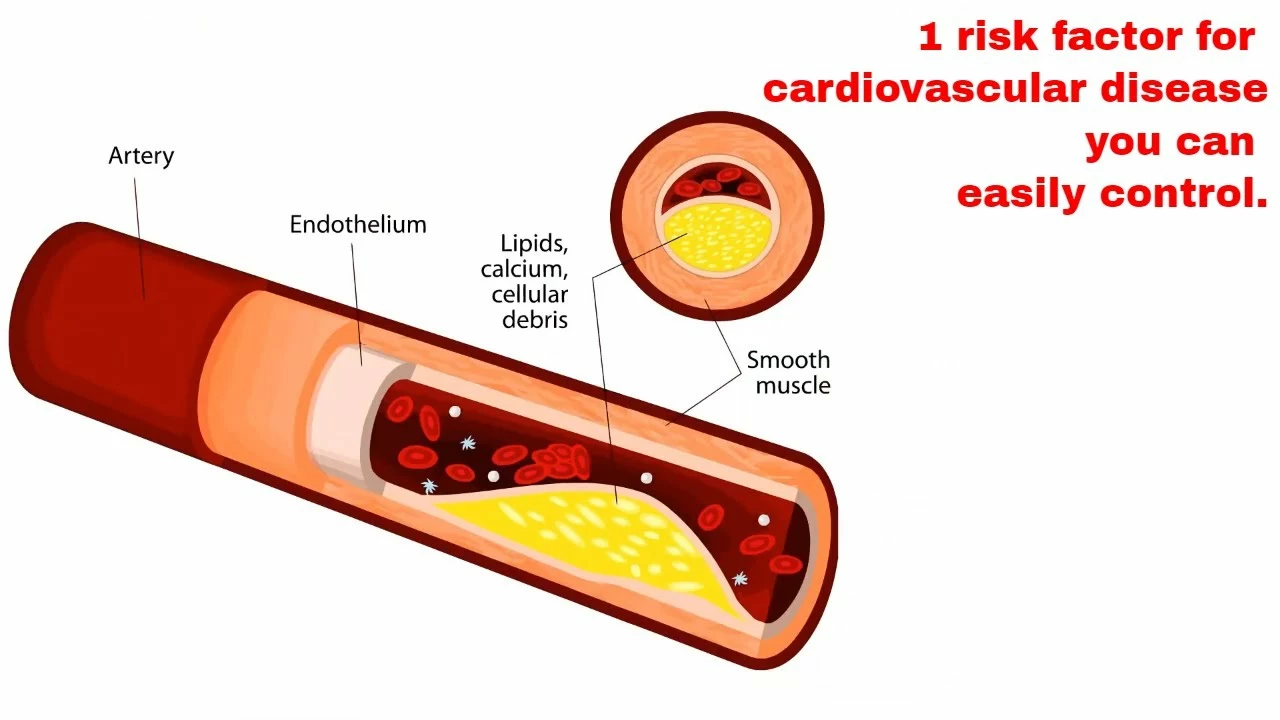Understanding Coronary Artery Disease: What You Need to Know
Coronary artery disease (CAD) is a major health issue that affects millions, blocking blood flow to the heart due to plaque buildup in the arteries. This narrowing can cause chest pain, shortness of breath, and if untreated, serious events like heart attacks. Knowing the basics helps you catch warning signs early and take control of your heart health.
The good news? There are many effective ways to manage CAD, both through lifestyle changes and medications. Doctors often prescribe medications to reduce symptoms and prevent complications, such as statins to lower cholesterol, aspirin to prevent clots, and beta-blockers to ease heart workload. Each plays a unique role in keeping your heart safe.
Recognizing Symptoms and When to Seek Help
People with CAD often notice chest discomfort or pressure, especially during physical activity or stress. Some may experience fatigue, dizziness, or irregular heartbeats. These signs shouldn't be ignored—quick response can save lives. If you face crushing chest pain or discomfort spreading to the arms or jaw, call emergency services immediately.
Diagnosis usually involves tests like EKGs, stress tests, and imaging scans to check artery health. Doctors use the results to tailor treatments that suit your condition best, balancing benefits and side effects. Beyond pills, lifestyle habits like quitting smoking, regular exercise, and balanced diets make a big difference in slowing CAD progression.
Medications and Lifestyle: Working Together for a Stronger Heart
While medication helps manage symptoms and risks, combining them with healthy habits is the most powerful approach. For example, statins lower cholesterol effectively, but their benefits multiply when paired with a heart-friendly diet and exercise. Similarly, aspirin reduces clot risk but should be taken only with medical advice to avoid side effects.
CAD requires ongoing attention—regular check-ups, understanding your meds, and listening to your body are key. If you’re considering supplements or alternative therapies, always talk to your healthcare provider first to ensure safety and effectiveness. Staying informed and proactive helps you live better with coronary artery disease.
The Role of Genetics in Coronary Artery Disease
As a blogger, I've recently been researching the role of genetics in coronary artery disease (CAD). It's fascinating to learn that our genes can significantly influence our risk of developing this condition. Studies have shown that certain genetic variations can make us more susceptible to CAD, leading to the narrowing or blockage of our coronary arteries. Thankfully, understanding our genetic predispositions can help us make lifestyle adjustments and work with healthcare professionals to prevent or manage the disease. It's empowering to know that, despite our genetic risks, we still have a say in our heart health journey.
